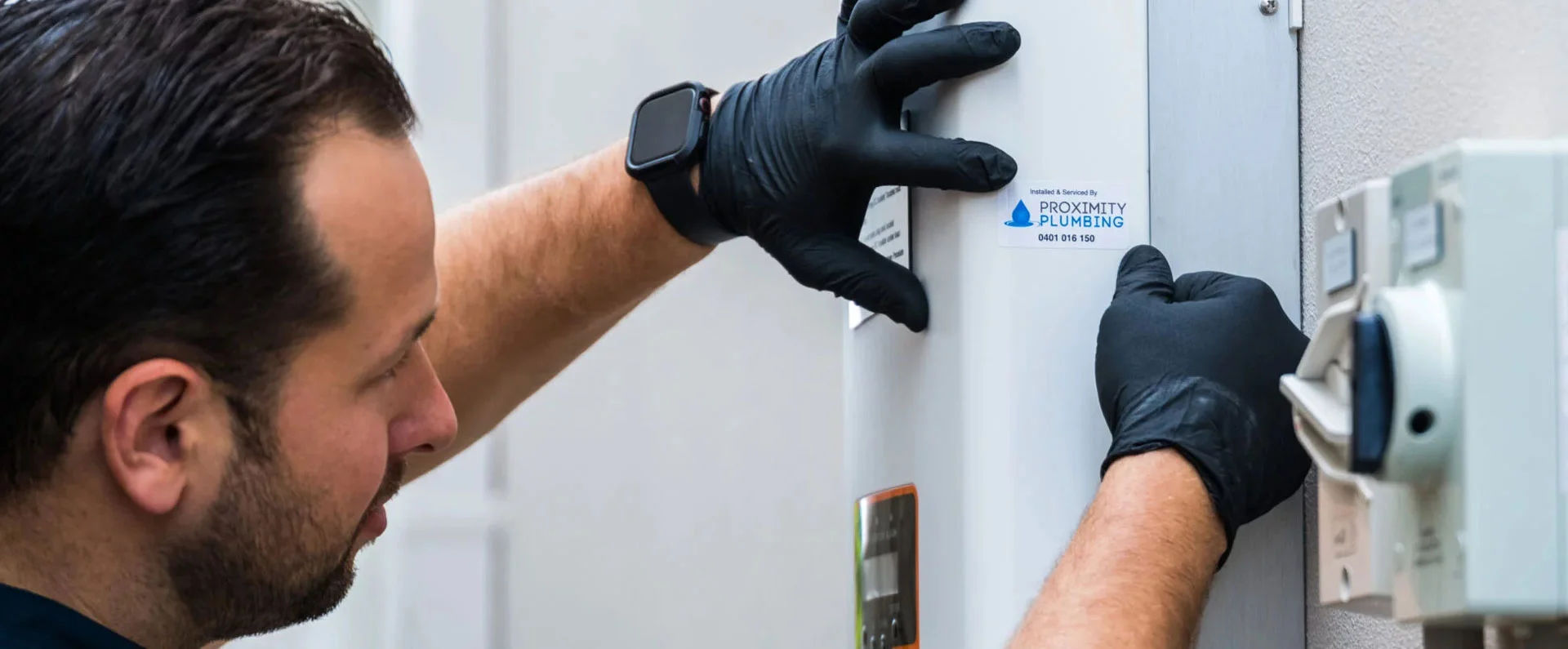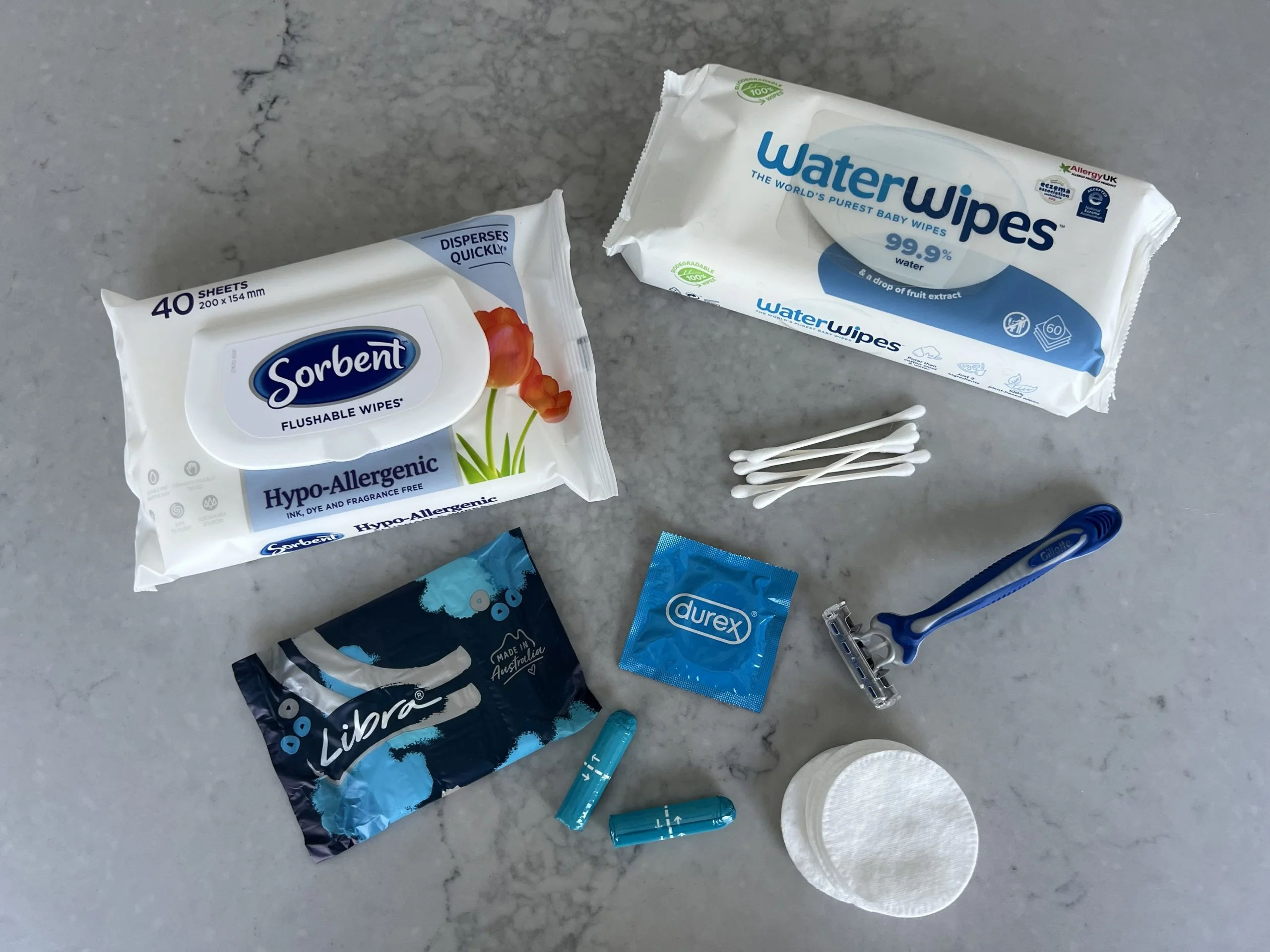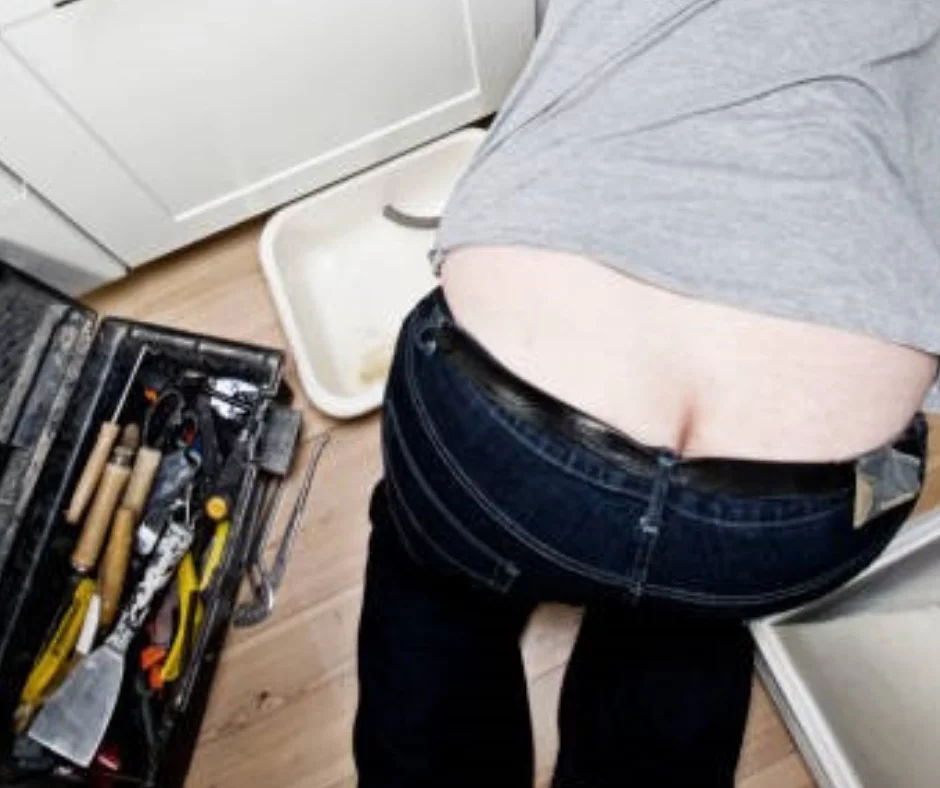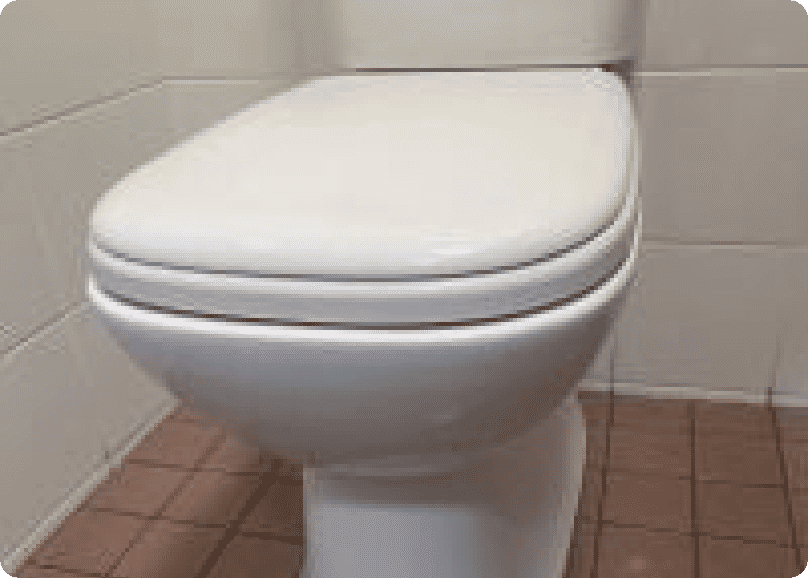How long until I need to replace my hot water system?
- William Demirdonder
- Aug 20, 2021
- No comments
- 15-minute read

Isn’t it relaxing to step into a warm bath or shower after having a long, hectic day? But how often do you appreciate the instant access you have to hot water? Almost never, right?
Given the fact that an estimated 3 billion people around the world currently need access to basic handwashing facilities at home, a hot water heater is definitely a luxury we take for granted in Australia!
Your hot water system most likely will never enter your thoughts, as they continue working properly. As soon as they start playing up, it becomes frustrating and stressful.
In most cases, a hot water system requires semi-regular service by a professional plumber to repair the most common problems. It instantly will come back to providing you with warm water whenever you need it.
However, if you’re asking the questions “how long until I need to replace my hot water system” your system is probably already on the fritz and may need replacing instead of repair.
How can you tell the difference between a hot water system that needs repair or a complete replacement?
Let’s get into it.
Firstly, if you are experiencing any issues with your hot water system or supply, please contact our expert team immediately on 0420 102 394 and we will be happy to assist you in answering any hot water system-related questions. Our team is available to provide you with a $0 call out fee to assess your hot water system’s current condition.
Simply, to heat the water supplied to your property so that when you turn on the “Hot” tap, steaming hot water will come out of the faucet.
Some of the most popular types of hot water systems in Australian homes are:
Just like an electric kettle, there is the presence of a heating element inside the tank of an electric hot water system. The tanks are available in different sizes. These units are responsible for keeping the heated water until it is ready for use.
You can also come across instantaneous electric water heaters. This delivers the option of continuous hot water supply.
#Gas Hot Water Systems
Quite similar to the functioning of the electric water heater systems, in this case, water gets heated and stored in a unit. However, instead of using electricity for heating up water, gas-based hot water systems make use of gas storage heaters.
This is the reason why they deliver quick recovery time and feature smaller tanks. You can also come across instant gas hot water systems. These depend on gas burners for heating water instantly instead of storing hot water in the tank.
#Solar Hot Water Systems
The source of energy for these hot water systems is renewable. Therefore, they deliver a mild impact on the overall environment. Solar-powered water heating systems depend on the installation of multiple solar panels. The panels are mostly set up on a roof for ensuring maximum exposure to direct sunlight.
The energy that gets absorbed is then circulated across for heating the water. In most Australian homes, users combine solar with electric or gas water heating systems to make sure that there is ample hot water in a situation wherein sunlight might not be available.
#Heat Pump Hot Water Systems
These systems deliver improved efficiency in comparison to other models. It is also a renewable source of heating water. The source of energy in this case is the heat that is extracted from the surroundings with the help of a heat pump. The energy is usually extracted from water, ground, or air while being converted into heat energy.
It serves to be a reverse refrigeration process. It is then used to heat water. In terms of overall efficiency, this water heating system consumes 2/3rd less energy in comparison to an electric water heating system.
Your hot water systems can last for quite a while. However, here are some signs to look out for to know when your hot water system requires replacement:
Hot water systems are estimated to last for around 8 to 10 years on average. When you have information from the original manufacturer of the unit, you can know about the exact lifespan.
Has your water heating system crossed the span of 15-20 years? Do you observe some noise or inconsistent efficiency in heating up water? It might be the end of its lifespan. It is a good idea to reach out to a professional plumber in your area to come over and inspect the unit before replacement.
One of the major signs of a faulty hot water system is its inability to heat water sufficiently. Do you notice your showers running cold halfway through? Or, is your shower not heating up enough? Before you go ahead with replacing the entire unit, the problem could be due to a broken heating component or a faulty thermostat. You can ask a professional to look into the exact problem.
Is your hot water system making a lot of noise? It might be a sign that it is on its way out. You should also know that a sizzling or hissing sound could be due to the release of water through a relief valve. Contact a professional to know more.
Has the colour of your hot water changed recently? Does it look rusty, coppery or brown? If you are seeing discolouration of any kind, this usually means your storage tank is breaking down and those materials are finding their way into your drinking water. Don’t delay if you see any kind of discoloured water, call our team at Proximity Plumbing asap and we’ll come out to help.
Your hot water system is crucial to the health and comfort of your entire family. What can you do to ensure that it keeps running efficiently? Here are some important hot water system maintenance tips you should know about:
Select a date every month and inspect the hot water system from top to bottom. Look out for signs of cracks, water leakage, or wearing.
In case you are going away for some weeks or more, you should turn off the water heater system. Otherwise, the system will continue heating up water even when you are not using it. Considering the fact that around20% of total energy in an average Australian home goes into water heating, you should know how to turn it off.
Basically, if the temperature or pressure builds up too much inside your hot water tank, it can cause leaks, shorten the life of your heater and possibly explode (worst case scenario).
The temperature and pressure relief (TPR) valve are designed to automatically open and release excess pressure.
To check this value make sure you shut off the water and power supply to your property before placing a bucket under the drain pipe connected to the valve.
Lift the tab attached to the valve and allow some water to escape, then, close it again. If little or no water comes out when the valve is open, or if water continues to run after it has been closed, the valve most likely needs replacing.
There is a magnesium or aluminium rod inside your tank which helps to protect against rust. Essentially the rod attracts corrosive elements in water so that it rusts before the tanks rusts! These rods typically last 3 – 5 years and you do need to replace the rod once it’s rusted to make sure the tank doesn’t start to rust.
To check the rod, make sure the power and water supply are off, then unscrew the rod’s hex head located on the top of the tank with a 1 1⁄16-inch socket. Pull the rod out of the tank (this could take a bit of muscle). If it’s down to ½” in diameter or less, replace it with a new one – which can be purchased at most hardware stores).
Do you know what lies at the bottom of your hot water tank? Like the bottom of the ocean – sediment and sand can accumulate, making it more difficult for the system to heat the water. The harder your heater has to work, the shorter the life span!
You can flush the tank by attaching a hose to the drain valve located near the bottom of the tank. Place the other end of the hose in a floor drain or somewhere outside your property. With the water supply turned off and the power shut off (or the thermostat set to pilot for gas models) open the drain valve. Once the tank is empty, briefly turn the water supply back on to stir up the sediment at the bottom and allow it to drain. You can repeat the process until the water runs clear. Voila – you have successfully flushed the tank! Aim to repeat this process 1 – 2 times per year.
To answer the question: How long until I need to replace my hot water system? It really depends on your system, and just what is wrong with it. The best way for a definitive answer is to book in a service with our team.
We all take hot water for granted until we don’t have it! So make sure you keep your hot water flowing by either repairing or replacing a system that is not operating at 100%. It’s important to take action before you suddenly have no hot water.
Thoroughly checking your hot water tank is part of every Proximity Plumbing’s plumbing maintenance service. So if you want to get expert eyes on your hot water system, call us today on 0420 102 394 for a free quote. Plus we guarantee to be on-site within the eastern suburbs in 30 minutes.
Understanding your home insurance and what you are covered for when it comes to plumbing can be overwhelming. Do you have cover if the land mower of your neighbour damages part of your pipeline?....
Read MoreFatbergs are created when you flush down wet wipes or “flushable” wipes down the toilet and they get caught up in your pipes with a combination of any oils, fats or grease poured down the ....
Read MoreImagine you’re in the midst of a plumbing emergency (we’ve all been there) and you desperately need an ace plumber on your door step. We doubt in the middle of a plumbing emergency you&rs....
Read MoreIrrespective of how hard you try, sometimes a toilet or bathroom clog is unavoidable. Whatever might be the reason for the clog, you need to clear the same. When you wish to fix the problem, a plunger....
Read More



Leave a Reply
Your email address will not be published. Required fields are marked *